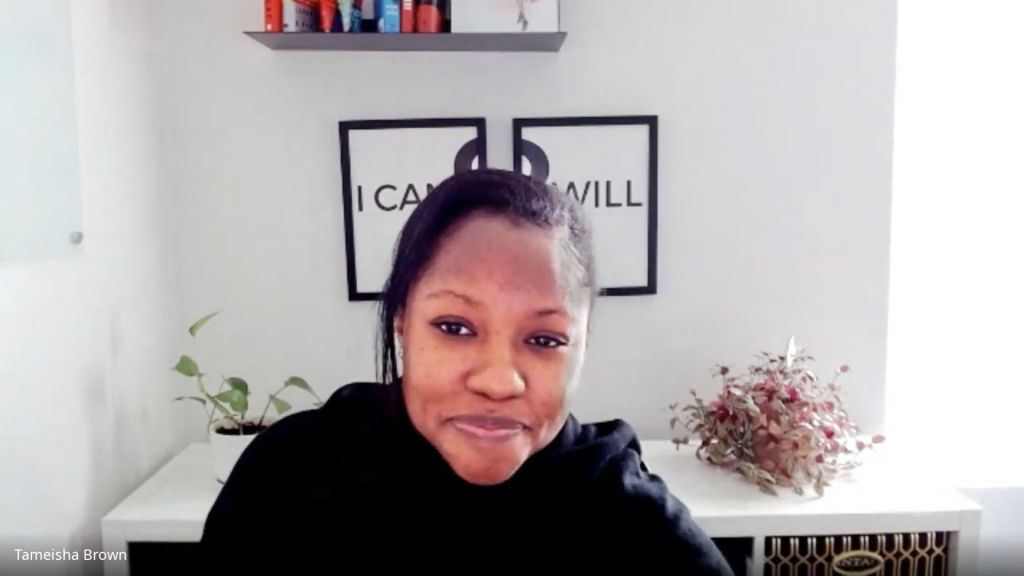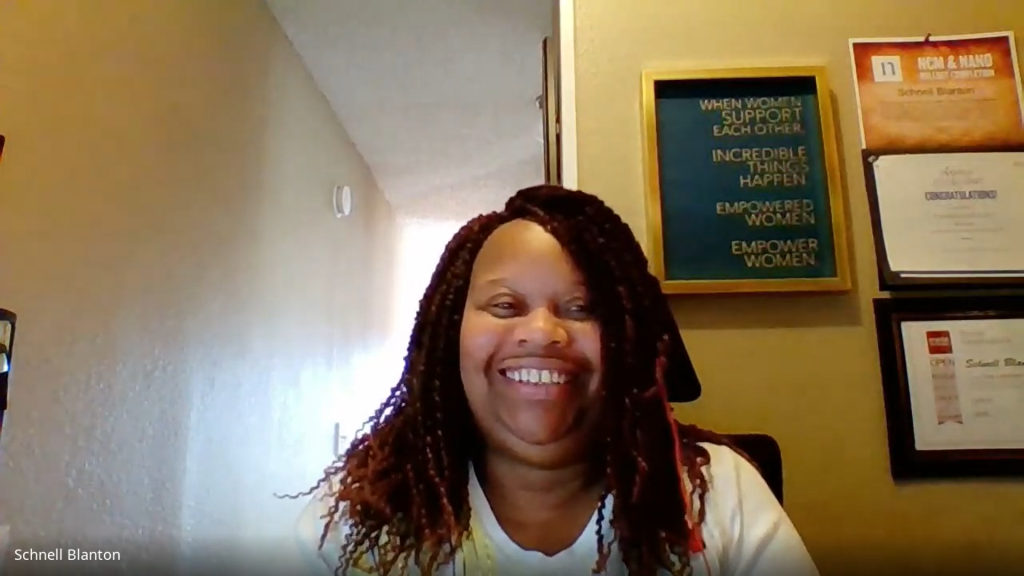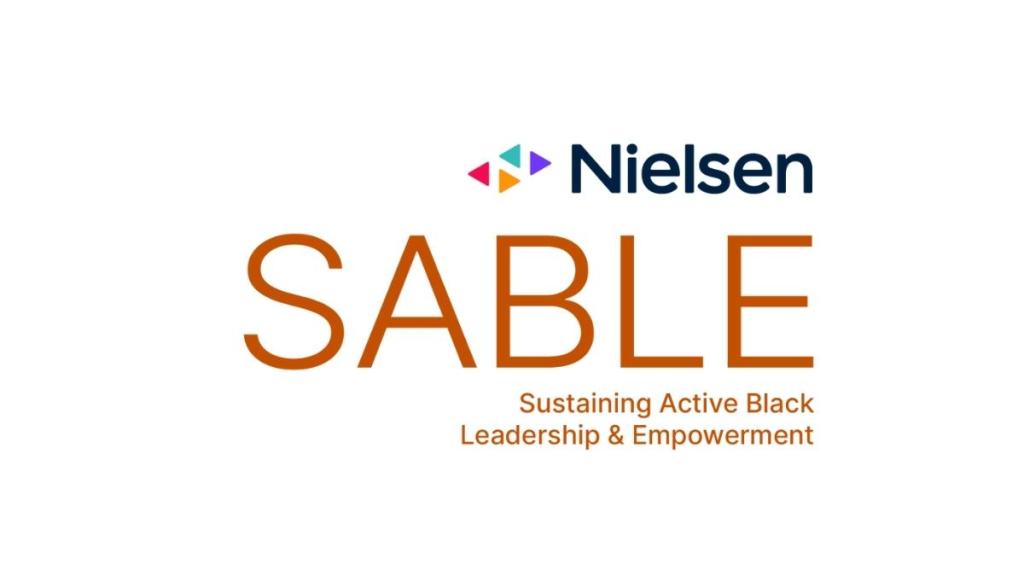Nielsen’s Black History Month 2022 was filled with collaboration, intersectionality and wellness. SABLE (Sustaining Active Black Leadership and Empowerment), Nielsen’s Black employee Business Resource Group (BRG), chose the theme of Black Health and Wellness for 2022.
“With the pandemic, we focused on our mental health, taking care of ourselves and our overall wellness,” said Janay A. Battle, Client Solutions Executive and SABLE regional leader. “But we are also planning to carry that theme throughout the entire year.”
With lean-in circles, panels, documentary viewings and guest Q&As, Nielsen employees had the opportunity to explore their wellness and participate in programs about Black health, community and history.
“We wanted to do two things: create a safe space for Black employees and educate our colleagues about our community and experiences,” Tameisha Brown said, Program Manager and SABLE regional leader. “Having a place to just talk and chat and unwind for a bit—it’s nice to have that opportunity to meet other people and exchange stories and health tips.”
In order to drive conversations beyond the Black community within Nielsen, SABLE collaborated with other Nielsen BRGs to increase awareness about intersectional issues. SABLE and Women in Nielsen hosted a lean-In circle called Hair Love. In 2021, Nielsen signed on to support the CROWN Act, a call to end discrimination in the workplace against race-based hairstyles.
“Hair is a very relatable topic for women and people of color,” said Schnell Blanton, Regional Trainer and WIN regional leader. “Whether it’s because someone is touching their hair, it’s not thick enough, it’s not long enough, it’s not the right color, we don’t like the way our hair looks; what woman does not have some type of hair insecurity? I felt so connected on so many levels to that lean-In circle discussion.”
SABLE also worked with the PRIDE BRG representing LGBTQ+ employees, to host Audrey Nicole, an author who shared her experience as a Black trans woman growing up in the south. Nicole spoke about navigating her familial and professional relationships from before and after her transition. “That was really eye-opening because they talked about the effects of someone being Black, gay and also transgender,” Battle said. “I learned so much about what it’s like when they can’t be their true self because of the stereotype and stigma they would endure.”
One of the major events of this year’s BHM was the screening of a documentary called Who We Are: A Chronicle of Racism in America. The documentary serves as a timeline of anti-Black racism in the United States. For Tameisha Brown, the screening was particularly impactful.
“It’s hard to watch those things sometimes because it can be triggering and just a bit heavy to get through. But sometimes it’s easier for us to fall into what’s comfortable,” Brown said. “It was a reminder that, at the end of the day, we still have a ways to go in fighting racism. We have to keep pushing forward in order to make real progress.”



